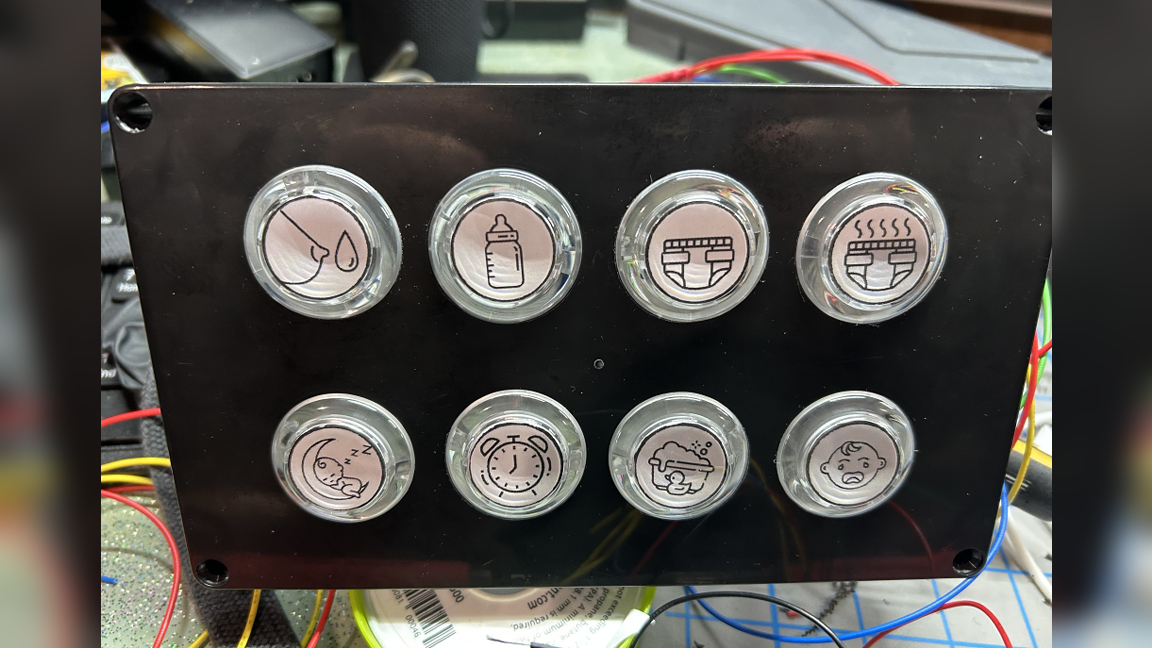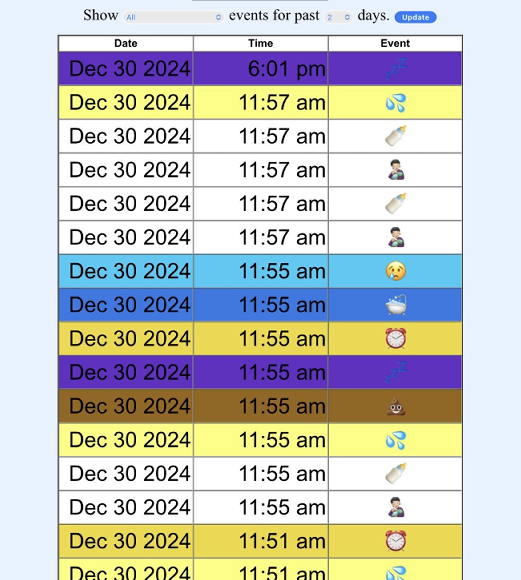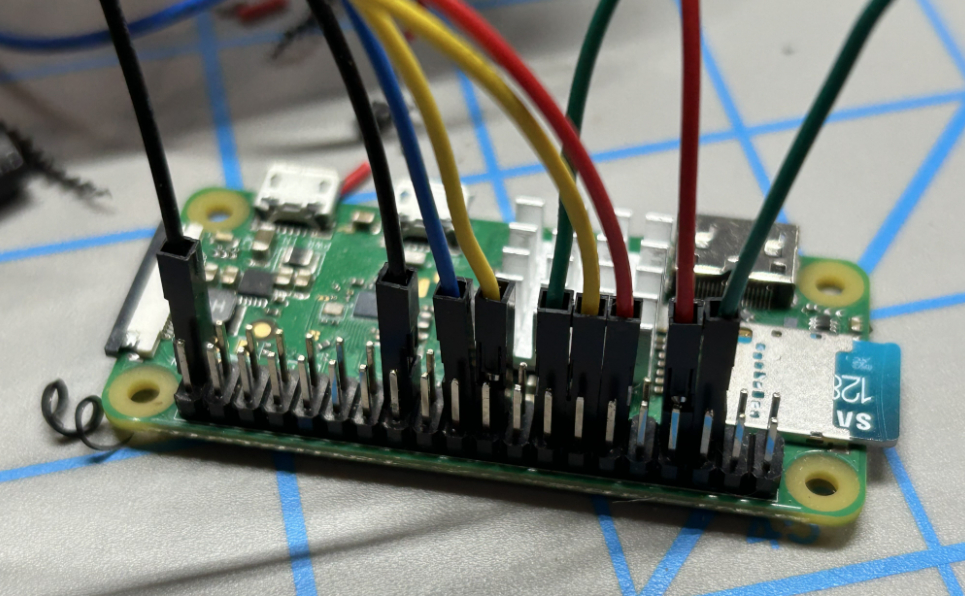
We've covered our fair share of Raspberry Pi projects for makers but this project is made with families in mind. Maker and developer TriceratopsLabs, as they're known as over at GitHub, has put together a creation he's dubbed Baby Logger and it does exactly what it sounds like. This is a Raspberry Pi Zero W-powered system that makes it easier for you to keep track of baby-related things.
If you've never had a newborn before, it can be very handy to keep track of certain health-related activities. This makes it easier for both parents and doctors to notice trends that indicate potential health problems or reassure them that everything is ok. The project that TriceratopsLabs put together can log up to eight different things including nursing, feeding, diaper changes, sleeping habits and more.
According to TriceratopsLabs, the project was inspired by similar creations from other creators and is even a fork of another project put together by a maker named Tommy Gober. He also points out that there are similar products on the market already that do this but making an open source solution is a better option for some people considering the need to log baby functions is only necessary for a short amount of time.


The main board powering the Baby Logger in this case is a Raspberry Pi Zero W, but TriceratopsLabs confirms you could easily recreate the project with any other model of Pi. It's connected to eight 30mm arcade pushbuttons which have been fitted with graphics that correspond with the exact function they're logging.
The Raspberry Pi doesn't require a screen nor does it need the full blown Raspberry Pi OS to handle this job—the Lite edition works just fine. It's working with both Apache and Mariadb to handle the database side of things and relies on a custom Python script to interpret the button presses. The information is accessible from a web-based interface so you can quickly pull up the spreadsheet to get a look at what baby has been up to.
If you want to get a closer look at this Raspberry Pi project, head over to the official project page shared to Hackaday where you can follow TriceratopsLabs for more cool projects as well as any updates to this one.







